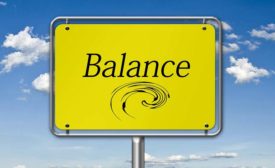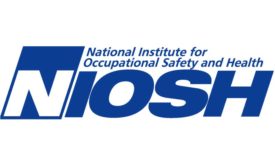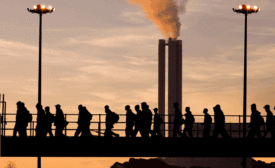News
A NIOSH Science Blog post
Job strain, long work hours, and suicidal thoughts
September 18, 2018
How and why to verify worker training
Integrating technology with photo ID cards assures workers’ credentials
September 17, 2018
Become a Leader in Safety Culture
Build your knowledge with ISHN, covering key safety, health and industrial hygiene news, products, and trends.
JOIN TODAYCopyright ©2024. All Rights Reserved BNP Media.
Design, CMS, Hosting & Web Development :: ePublishing









